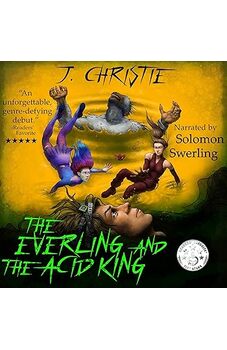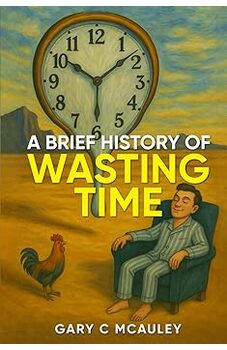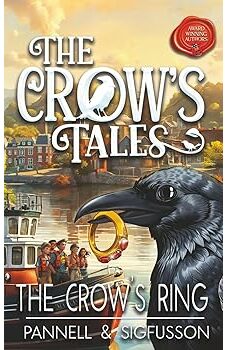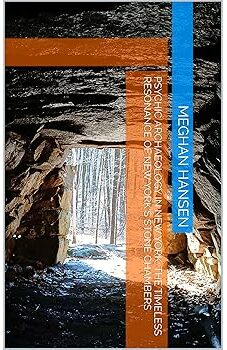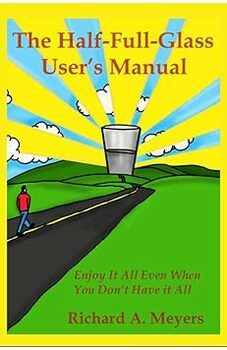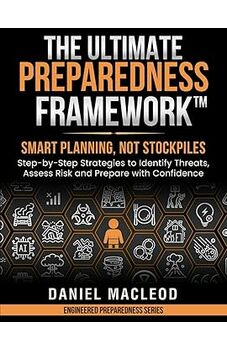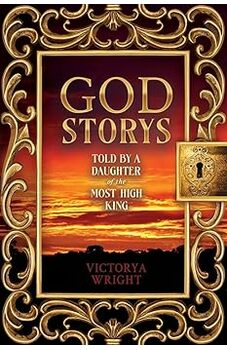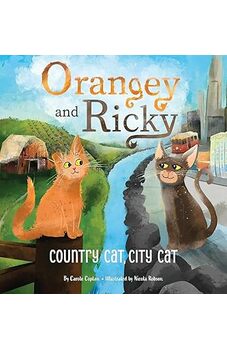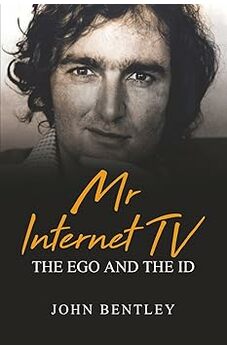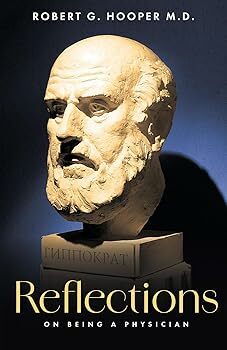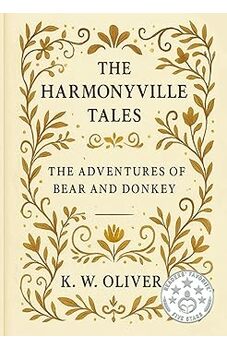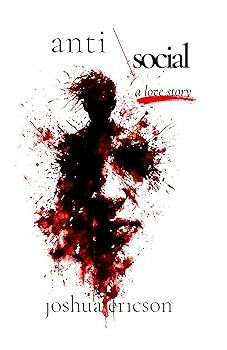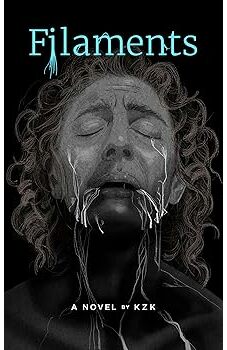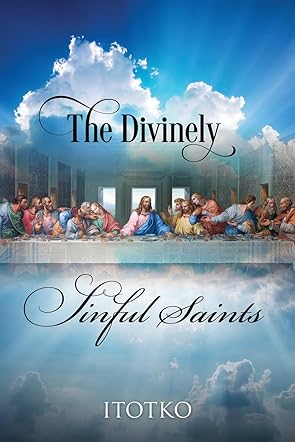Reviewed by K.C. Finn for Readers' Favorite
The Divinely Sinful Saints is a work of non-fiction in the religion, philosophy, and analytical exploration subgenres. It is best suited to the general adult reading audience and was penned by author Itotko. The work presents a thought-provoking exploration of theological questions surrounding the Bible and the concept of paradise. The author challenges traditional Christian beliefs about the nature of God, the location of paradise, and the physicality of Adam, Eve, and other biblical figures. The overall approach is both logical and thought-provoking, presenting biblical passages that challenge conventional interpretations for fresh eyes and open minds to re-evaluate.
Reading this book was a truly unique experience as author Itotko raises questions that many readers may have pondered but rarely find addressed in such a direct and analytical manner without the author feeling the need to be preachy or tone down their more controversial ideas. While the book delves into complex theological territory, Itotko's writing is clear and concise, making it accessible to readers with varying levels of biblical knowledge. The author encourages critical thinking and invites readers to reexamine their beliefs and interpretations of scripture, which are well-presented and well-thought-out for the right moment of contemplation. I could see this work serving as a catalyst for discussion about religious doctrine and the Bible both in and out of religious settings. Itotko's willingness to challenge established beliefs and engage in theological discourse is well-balanced against the smooth narration and confident, honest tone. Whether readers agree or disagree with the author's conclusions, The Divinely Sinful Saints undoubtedly sparks intellectual curiosity and encourages a deeper exploration of biblical concepts, and I, for one, would highly recommend it.
